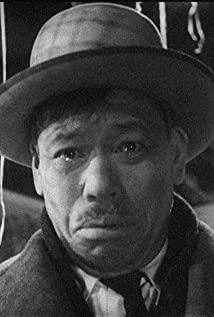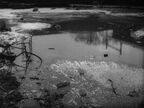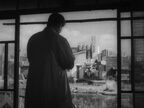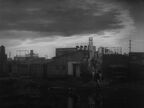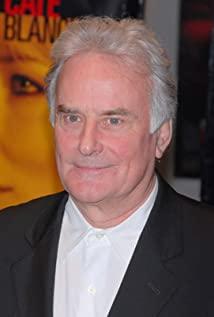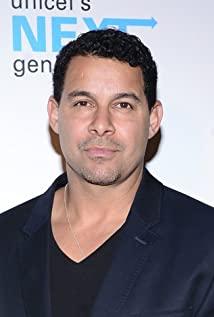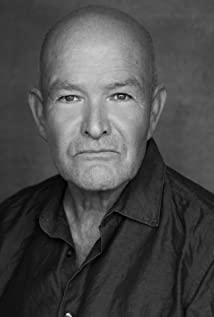Takashi Shimura (Takashi Shimura, March 12, 1905-February 11, 1982), a Japanese film actor, born in Hyogo Prefecture, Japan in 1905, and played in the first work " Zushi Sanshiro " directed by Wind Man in 1943 Judoist, since then has been cooperating with Wind Man, gradually embarking on the road of movie stars. In 1949, he performed well in Wind Man's " Quiet Nasaka " and won the best actor award of the year, which has since established his position in the Japanese film industry. In 1950 he starred in "Rashomon", which won the Venice International Film Festival Best Picture Award. Then, Takashi Shimura played the role of Kanbei in " The Seven Samurai ", and in sharp contrast with Toshirô Mifune 's Kiku Chiyo , forming a wonderful double starring role. Takashi Shimura's performance in the film re-established the bold and composed hero image on the screen and became the representative work of his life. He is a late blooming movie star in Japan. Passed away on February 11, 1982.
[1]
Performing Experience
Takashi Shimura former student at the old system engineering uべa medium (now Hyogo Prefecture established engineering uべcolleges and universities), due to illness and later transferred into the Miyazaki-ken Prefecture Nobeoka secondary school, and with Tongji Sheng graduation altogether. During the university period, he dropped out of Kansai University's professional department. Before the war, he played Keishiro in "The Secrets of the Right Gate Catching Ten Thousand Thousands" (1939) starring Kanjiro Arashi, letting the audience appreciate the importance of supporting roles. Later onMasahiro ( Seiji Makino, the son of Shôzô Makino ) directed the protagonist for the first time in "Mandarin Duck Songs War", and persuaded the singer-born ディック? Miネ (real name Tokuichi Sangen ) to star together.
Takashi Shimura was reused by Wind Man and was promoted as the protagonist of the film in "Wild Dogs" and "Delicious Angels". He was praised by The New York Times as the "world's number one actor" because he performed the protagonist in "生きる"-a city government official in terminal cancer-just right . After the monster movie and the special effects movie "Godzilla", Takashi Shimura has become a Japanese filmmaker known to the world.
Extended Reading
-
Braxton
2022-04-07 09:01:08
Mud Drunk Angel
For the mainstream evaluation of this film, there are mainly two. 1. As one of Kurosawa Akira's post-war chaos trilogy, whether it is Matsunaga's lungs with holes, a sick body suffering from tuberculosis, or a bubbling stinky pond, all of them show Japan's defeat after the war. The spiritual and...
-
Keely
2022-04-06 08:01:02
Drunken Angel Dr. Sanada's Hope for Weakness
Rogue is the weakest, rogue is hopeless, Matsunaga is reluctant to admit the ruthlessness of the underworld rules, and finally died because of it.
But Dr. Sanada will continue to work hard to heal one patient after another, because he is also unwilling to admit the ruthlessness of the world.
The...
-
Scottie
2022-04-09 09:01:09
9/10 The film lacks a clear story framework, with characters but no plot, similar to the problems of "The Paper Sailboats". But Akira Kurosawa made a mediocre story very stylish and very skillful. Everything is fine except for the story.
-
Zelda
2022-04-10 09:01:09
The handsome Toshiro Mifune is a metaphor for Japan at that time, a doctor who pays too much attention to other people's lives, but is careless to himself.
Drunken Angel quotes
-
Sanada:
Next. Oh, it's you. What do you want? You look like a ghost.
-
Sanada:
We all have fears, we're human. But you're too ashamed to admit it. And you confuse that with courage. I'd say, you're all the worst kind of cowards. Otherwise, why the tattoos, the tough talk and the strutting around?
